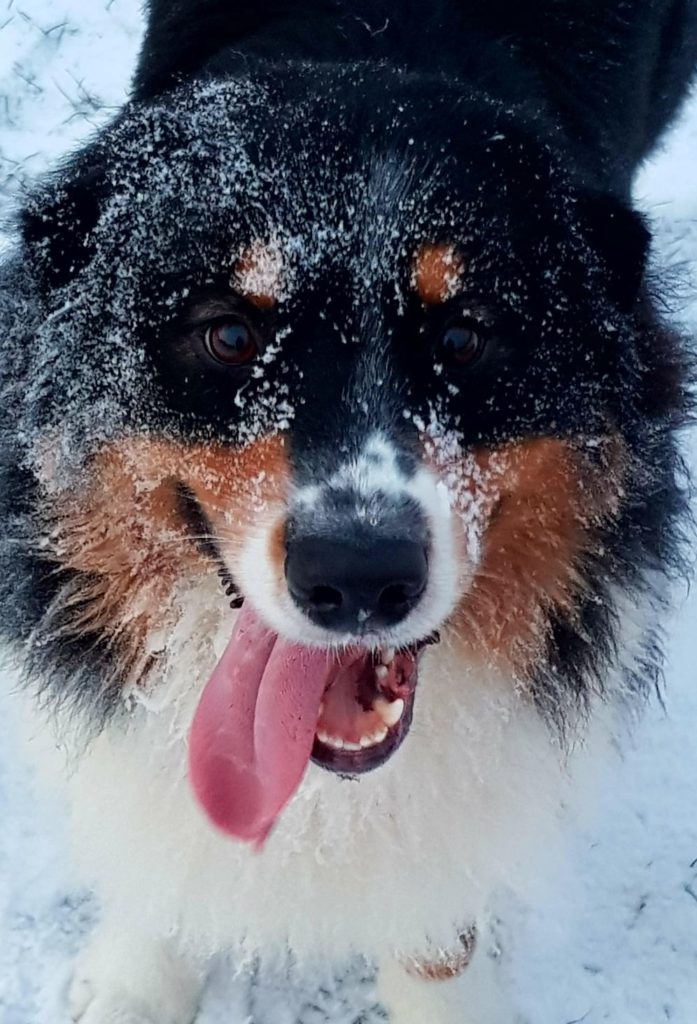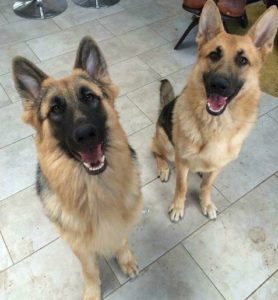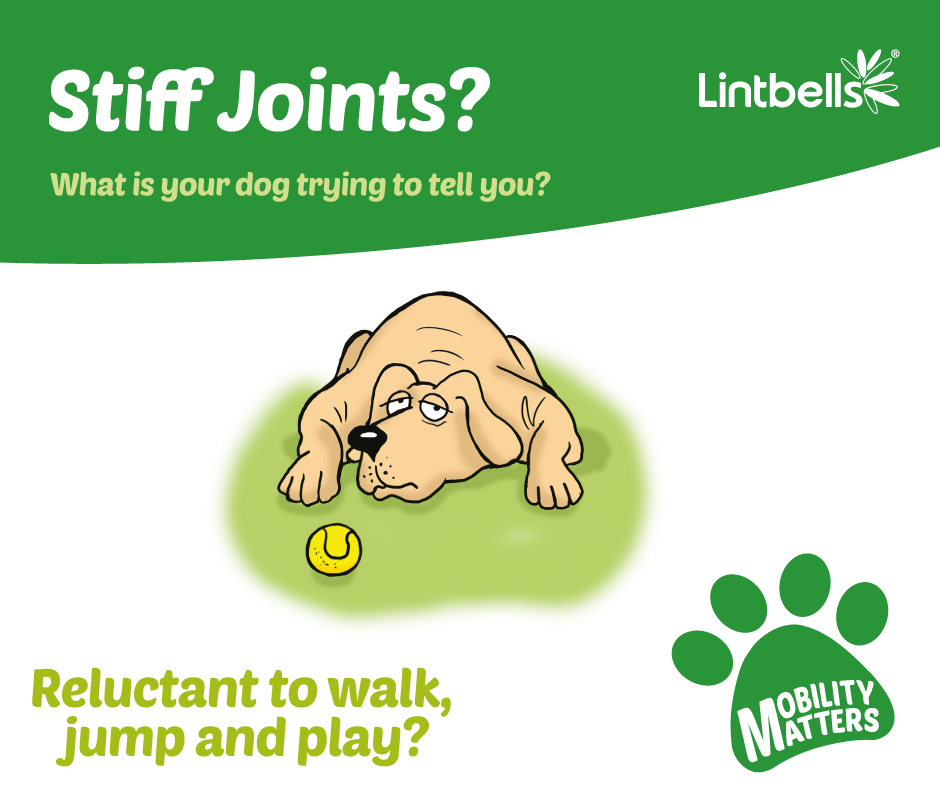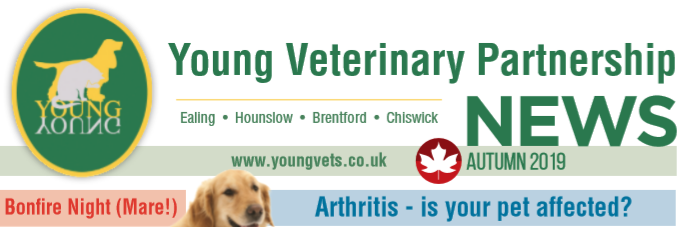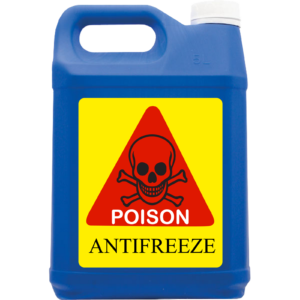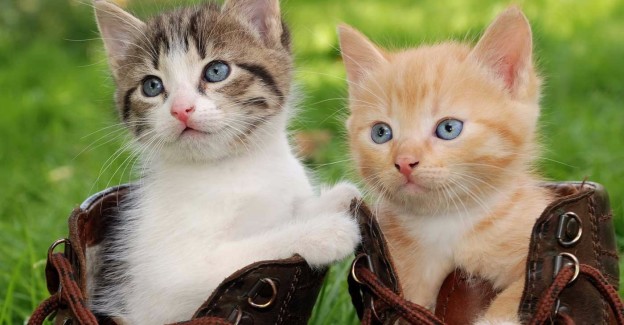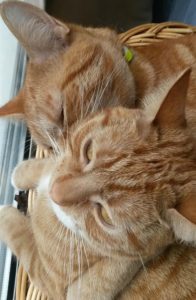
William and Poppy best friends!
How to choose your kitten
Cats are fast becoming the most popular household pet, with around 19% of households in the UK owning a cat, that’s 8.5 million cats in the UK alone. Cats make amazing companions, but are a big responsibility, so before getting a cat or kitten an owner needs to make sure they can be committed to the cat for the rest of its life which on average is 15 years. Here at Young Vets we want to help you care from your pet from day one, and helping you choose a healthy kitten is a great start.
The basics:
So how do you find a healthy kitten? As a rule kittens should be at least 8 weeks old before they leave their mother. Kittens that leave their mother younger than this are more prone to behavioural problems. They should also be inquisitive and not shy away from people. Make a noise (dropping keys) and watch the reaction from the kittens, they may jump, but shouldn’t run and hide. Look for a kitten with a nice temperament that approaches you, likes being stroked and picked up.
In terms of health:
Bright eyes. Kitten’s eyes should be clear and bright, some kittens can have runny eyes. Usually this is a simple problem that can be cleared up by medication, but it’s still something to think about.
Normal breathing. Kittens that cough, sneeze, or show other respiratory issues are doing so because they’re sick. Usually this is flu, but sometimes it can be more serious.
A healthy weight. You want a kitten with a bit of fat on its body and good muscle tone. Skinny kittens where the bones can be seen can have serious problems, but also bloated bellies can be a sign of worms.
Lots of Energy. Kittens should be full of energy and show an interest in playing with toys and with other litter mates.
Has a clean tail end. Check under the tail too! There shouldn’t be any blood, diarrhoea, or any other nasty-looking problems.
A healthy coat. A major sign of a healthy cat is a shiny, thick coat. An unhealthy coat may look dull, feel thin, or even have bald spots. Also check the coat for fleas as these are common in kittens and a severe infestation can cause anaemia.
Ears. Check the kittens ears, they should be clear and clean. Dark brown deposits can be a sign of mites and this can normally be treated by a trip to the vets.
The most popular breeds of cat.
The most popular breed of cat is the Domestic Shorthair Cat or “Moggy” which has many different colours, the most common are black, ginger, tortoiseshell and tabby. Did you know that tortoiseshell cats are always female? There are many different pedigree breeds, which have a range of different personalities and sizes, some of which are listed below:
- Persian
- Siamese
- Burmese
- Birman
- Ragdoll
- British Shorthair
- Russian
- Oriental
- Maine coon
- Bengal
For a full list and more information on specific breeds please visit: http://www.icatcare.org/advice/cat-breeds
